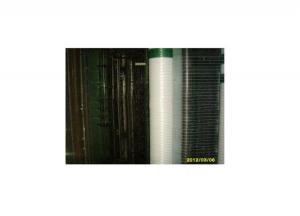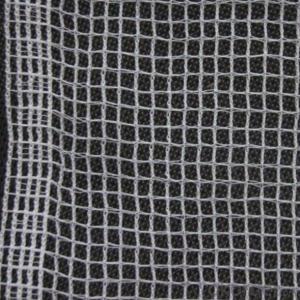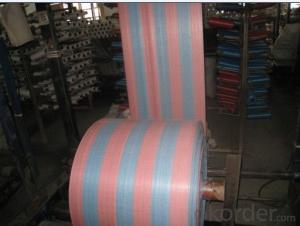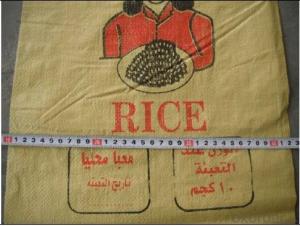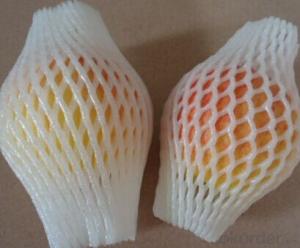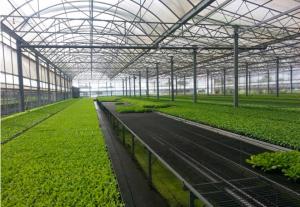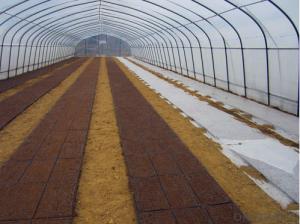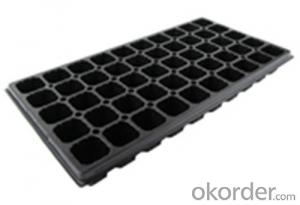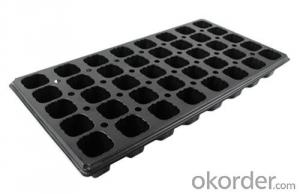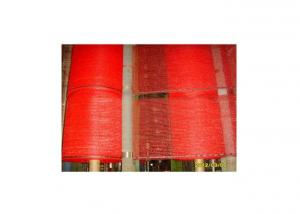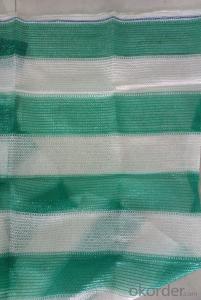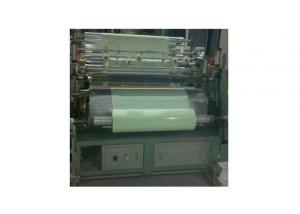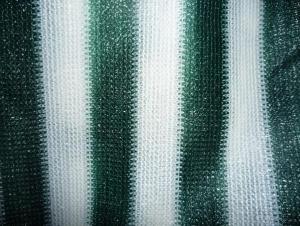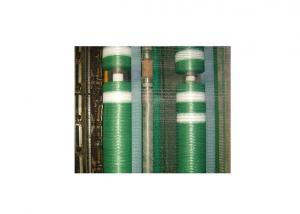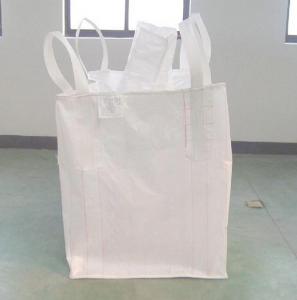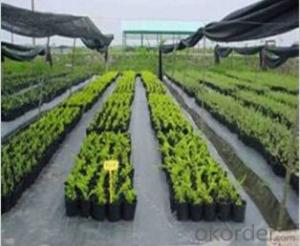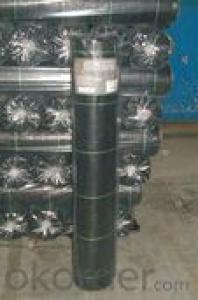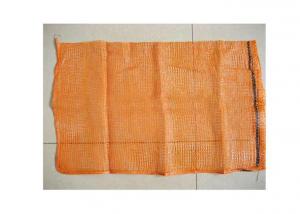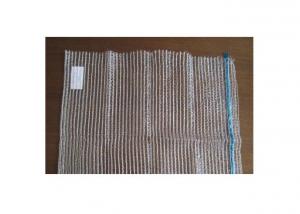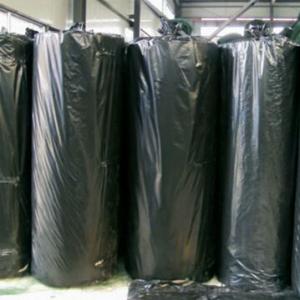Plastic Hay Net Wrap
- Loading Port:
- China Main Port
- Payment Terms:
- TT or LC
- Min Order Qty:
- 50 Rolls roll
- Supply Capability:
- 3000 Rolls per Month roll/month
OKorder Service Pledge
OKorder Financial Service
You Might Also Like
Detailed Product Description
Reduce time when Baling,Make the Bale Surface more Smooth,Whole full width bale coverage,Improved Quality of Hay
Features
Reduce time when Baling
Make the Bale Surface more Smooth
Whole full width bale coverage
Improved Quality of Hay
Reduce weather related loss
Easier to use than Twine
Detailed Product Description
Reduce time when Baling
Make the Bale Surface more Smooth
Whole full width bale coverage
Improved Quality of hay
Product No Size
CHINNET 0101 1.23 meter wide by 2000 meters Roll
CHINNET 0102 1.23 meter wide by 3000 meters Roll
CHINNET 0201 1.25 meter wide by 2000 meters Roll
CHINNET 0202 1.25 meter wide by 3000 meters Roll
CHINNET 0301 1.30 meter wide by 2000 meters Roll
CHINNET 0302 1.30 meter wide by 3000 meters Roll
CHINNET 0401 1.62 meter wide by 2000 meters Roll
CHINNET 0501 1.70 meter wide by 2000 meters Rol
NOTE: Weight per square meters : 9.5g,10g,10.5,11g
Width :1m~2m(1.02m,1.23m,1.25m,1.30m,1.62m,1.7m)
Length: 2000m,2500m,3000m,3600m,4200m,5000m
- Q: This question asks for the distinctions between two types of agricultural plastic films: polyethylene and polyvinyl chloride, focusing on their properties and uses in agriculture.
- <p>Polyethylene (PE) and Polyvinyl Chloride (PVC) are two common types of agricultural plastic films with distinct properties. Polyethylene films are generally lighter, more flexible, and less expensive. They are widely used for mulching due to their ability to retain moisture and regulate soil temperature. PE films are also easier to handle and dispose of, making them more environmentally friendly in terms of recycling. On the other hand, PVC films are heavier and more durable, offering better resistance to tearing and punctures. They are often used for longer-term applications such as greenhouses and tunnel films. PVC films can also provide better light transmission and insulation properties. However, PVC is less flexible and more challenging to recycle, which can lead to environmental concerns.</p>
- Q: Are agricultural plastic products easy to install?
- Yes, agricultural plastic products are generally easy to install. They are designed to be user-friendly and can be easily installed by following the provided instructions.
- Q: What are the different types of plastic covers used in agriculture?
- There are various types of plastic covers commonly used in agriculture, including greenhouse plastic films, mulch films, and tunnel covers.
- Q: What are some ground cover options for wet or waterlogged areas?
- Some ground cover options for wet or waterlogged areas include creeping Jenny, sweet flag, marsh marigold, cardinal flower, and blue flag iris.
- Q: Can agricultural plastic be recycled?
- Yes, agricultural plastic can be recycled.
- Q: How do you prepare the soil for ground cover planting?
- To prepare the soil for ground cover planting, start by removing any weeds or existing vegetation from the area. Then, loosen the soil using a garden fork or tiller, ensuring it is well-drained and free from clumps. Next, amend the soil with organic matter such as compost or aged manure to improve fertility and moisture retention. Finally, level the soil and remove any rocks or debris before planting the ground cover.
- Q: How do you prevent ground cover from invading neighboring plants?
- One way to prevent ground cover from invading neighboring plants is to create a physical barrier, such as installing edging, to create a clear separation between the ground cover and the neighboring plants. Additionally, regular maintenance and monitoring of the ground cover can help to quickly identify and remove any runners or creeping stems that may be encroaching on the neighboring plants. Pruning or trimming the ground cover can also help to keep it contained and prevent its spread into other areas.
- Q: Can farmers utilize bioplastics as an alternative to conventional plastics in their agricultural activities?
- <p>Yes, farmers can use bioplastics in their farming operations as an alternative to traditional plastics. Bioplastics are made from renewable sources like corn starch or sugarcane and are biodegradable, which means they break down more quickly in the environment compared to traditional plastics. They can be used for mulch films, plant pots, and packaging, reducing the environmental impact of farming. However, the adoption of bioplastics in agriculture is still limited due to higher costs and concerns about their effectiveness and durability compared to conventional plastics.</p>
- Q: plastic housing on car broken epoxy worked for a while
- it is probably polystyrene - same as models construction kits - don't get poly cement, it is v messy - go to a decent model shop and ask for Humbrol or Airfix poly solvent (100% acetone) - comes in a small bottle with applicator brush - apply to both sides, wait till it becomes tacky and press together. I can't find my bottle, or I'd give you the exact name Or... if there is a nail salon nearby, ask for a bottle of nail tip remover which is also high strength acetone - a useful solvent to keep in your toolbox (carefully) - HTH
- Q: How do you prevent ground cover plants from spreading onto paved surfaces?
- One effective way to prevent ground cover plants from spreading onto paved surfaces is by installing a physical barrier such as a plastic or metal edging along the edges of the paved area. This will create a clear boundary and restrict the growth of the plants beyond the designated area. Additionally, regular maintenance practices like trimming and pruning the ground cover plants can help keep them in check and prevent their encroachment onto paved surfaces.
1. Manufacturer Overview
| Location | Shandong,China (Mainland) |
| Year Established | 2010 |
| Annual Output Value | US$5 Million - US$10 Million |
| Main Markets | North America South America Eastern Europe Oceania Eastern Asia Western Europe Central America Northern Europe Southern Europe |
| Company Certifications | ISO 9001:2000 |
2. Manufacturer Certificates
| a) Certification Name | |
| Range | |
| Reference | |
| Validity Period |
3. Manufacturer Capability
| a) Trade Capacity | |
| Nearest Port | QINGDAO,SHANGHAI,TIANJIN |
| Export Percentage | 81% - 90% |
| No.of Employees in Trade Department | 3-5 People |
| Language Spoken: | English, Chinese |
| b) Factory Information | |
| Factory Size: | 3,000-5,000 square meters |
| No. of Production Lines | 5 |
| Contract Manufacturing | OEM Service Offered Design Service Offered Buyer Label Offered |
| Product Price Range | Average |
Send your message to us
Plastic Hay Net Wrap
- Loading Port:
- China Main Port
- Payment Terms:
- TT or LC
- Min Order Qty:
- 50 Rolls roll
- Supply Capability:
- 3000 Rolls per Month roll/month
OKorder Service Pledge
OKorder Financial Service
Similar products
Hot products
Hot Searches
Related keywords
